Fiscal funnel to Labor winners in rules shake-up
Jim Chalmers will unleash an investment frenzy under a major foreign investment shake-up aligning Labor’s economic and national security policies with the Future Made in Australia Act.
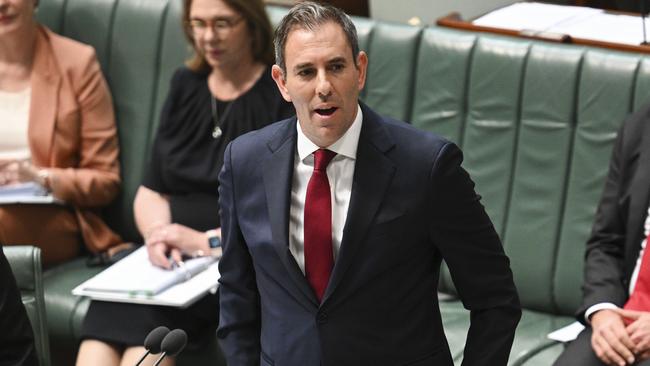
Jim Chalmers will shake up foreign investment rules to fast-track a wave of overseas capital into the priority economic and national security policies that underpin Anthony Albanese’s push to boost the nation’s sovereign capability and create a more green economy.
The Treasurer on Wednesday will reveal the framework of Labor’s Future Made in Australia Act amid a tightening of foreign investment rules that will freeze out Chinese state-owned enterprises and foreign companies operating under laws that act against the national interest.
Ahead of delivering his third budget on May 14, Dr Chalmers will unveil changes accelerating investment in government priority areas including build-to-rent properties and accommodation for Pacific Island labour mobility scheme workers.
Under the biggest reforms since 2020, Dr Chalmers will boost resources to fast-track approvals, crack down on investors with links to offshore tax havens and accelerate investment from like-minded countries into critical minerals, critical technology and clean energy.
Speaking at the Lowy Institute in Sydney, Dr Chalmers will tell critics of the Prime Minister’s Future Made in Australia Act that they are “missing the point”.
Dr Chalmers will announce five key tests and two pillars guiding Future Made in Australia Act investment.
“Today, I can sketch out the framework that will underpin it. We will set five tests on where we act, and how. First, is the industry one where we can be competitive, and more productive.
Second, does it contribute to an orderly path to net zero?
“Third, can it build the capabilities of our people and especially our regions.
“Fourth, will it improve Australia’s national security and economic resilience.
“And fifth, does it recognise the key role of the private sector and deliver genuine value for money for government.”
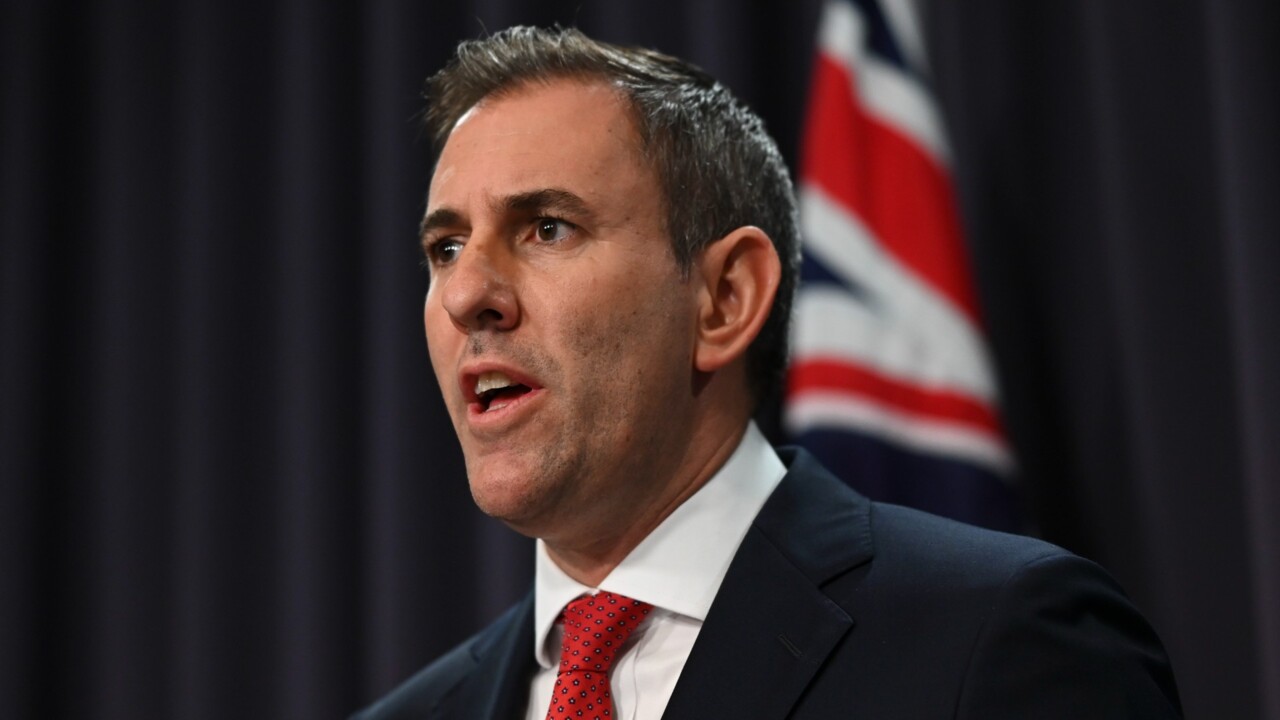
The Future Made in Australia Act is promoted as Australia’s response to US President Joe Biden’s mammoth Inflation Reduction Act, which has turbocharged clean energy investment in the US.
After receiving criticism over $2bn investments in solar panel manufacturing and a yet-to-be-developed quantum computer, Dr Chalmers will say the government is initially focused on refining and processing critical minerals, producing renewable hydrogen, producing battery supply chain materials and developing green metals and clean-energy tech.
Dr Chalmers will say the Future Made in Australia Act will be anchored by two streams.
Firstly, “a national interest stream, where domestic sovereign capability is necessary to protect our national security interests or ensure our economy is sufficiently resilient to shocks”.
“This will have a focus on only the most critical risks – to avoids costly mindset of trying to eliminate all risks,” he will say.
The second will be a net-zero transformation stream “where industries support decarbonisation, and there is a reasonable prospect of a self-sustaining comparative advantage”.
Current and former Productivity Commission bosses, a wide cross section of economists and former prime minister John Howard have raised concerns that Labor’s Made in Australia policy risks wasting taxpayer money by propping up uncompetitive industries. Those concerns have been heightened by Labor’s $1bn bet on creating a domestic solar panel manufacturing industry in the Hunter Valley, despite experts warning Australia has no hope of competing internationally.
Mr Howard said last week the government’s flagship industrial policy was a retrograde “new protectionism” that ran counter to the Hawke-Keating reforms of four decades earlier. Dr Chalmers will say critics are missing the point that “we aren’t choosing here between markets and the state, we are choosing between the push and pull of the past and future”.
“If we stand still, the world will move past us, leaving Australia at the very beginning and very end of supply chains and not in the middle where so much value lies –watching, as our industries are hollowed out and others benefit from the opportunities that right at this moment, sit with us, as we become more vulnerable, less prosperous, less secure,” the Treasurer will say.

“This is not the future we imagine for Australia. Where markets are nascent or don’t yet exist, there can be a case for targeted, temporary support to crowd in private investment – especially in industries that meet strict criteria.”
Deloitte Access Economics partner Stephen Smith said the government’s arguments were “clearly not good enough”. Mr Smith said the industrial policy was “unlikely to stack up when considered using orthodox economic models, because it will impose economic costs that outweigh the economic benefits”.
“Solar panels built in Australia, for example, will be more expensive than those that can be purchased from China,” Mr Smith said. “Why would the federal government seek to implement a policy which will impose higher prices on Australian consumers and greater costs on the Australian economy?
“The only conclusion is that Future Made in Australia is not an economic policy.
“That is, those advocating for the policy must be taking a broader view of the costs and benefits than orthodox economic models would imply. The costs of the policy are clear. But what are the benefits?”
Dr Chalmers will say: “Nobody is claiming we have the scale to compete in every industry … nobody is saying that these interventions will be permanent, or that we should retreat from trade, or make every one of the goods that we need here.
“Nobody is saying we need to outspend or compete dollar for dollar with the scale or internal markets of bigger economies.
“And nobody is saying that this will involve solely public investment. Public investment, important and substantial, is a key – to help unlock the hundreds of billions of private capital we’ll need to deploy.”
Labor’s foreign investment shake-up strengthens Australia’s risk-based framework boosting national security oversight of foreign investment bids by state-owned enterprises, companies with unclear ownership structures linked to tax havens and those influenced by foreign laws working against the national interest.
The reforms, which will be welcomed by big business and do not require legislation, will impose a new target of processing 50 per cent of foreign investment cases within 30 days.
Amid reports of lengthy delays for investors in Labor’s Build to Rent program, the changes will allow foreign investors to purchase established properties and help build demand.
Direct and portfolio foreign investment in Australia’s economy grew to about $3.5bn in 2023. Labor’s reforms will include a review into the Security of Critical Infrastructure Act to ensure it is “robust and capable of responding to risks”.
The Morrison government’s changes to the foreign investment framework, which passed through parliament in December 2020, significantly strengthened laws governing foreign investment by adopting a “risk-based approach”.
Previously, FIRB approval was required for foreign investments worth $275m or more, or $1.2bn for free-trade partners.
The updated legislation created a national security test for any investment, regardless of size, in a sensitive national security business or land, as well as giving the Treasurer a “call-in” power to review any other acquisition deemed a risk.
The Treasurer was also granted powers to review previous deals and even force a foreign investor to divest.

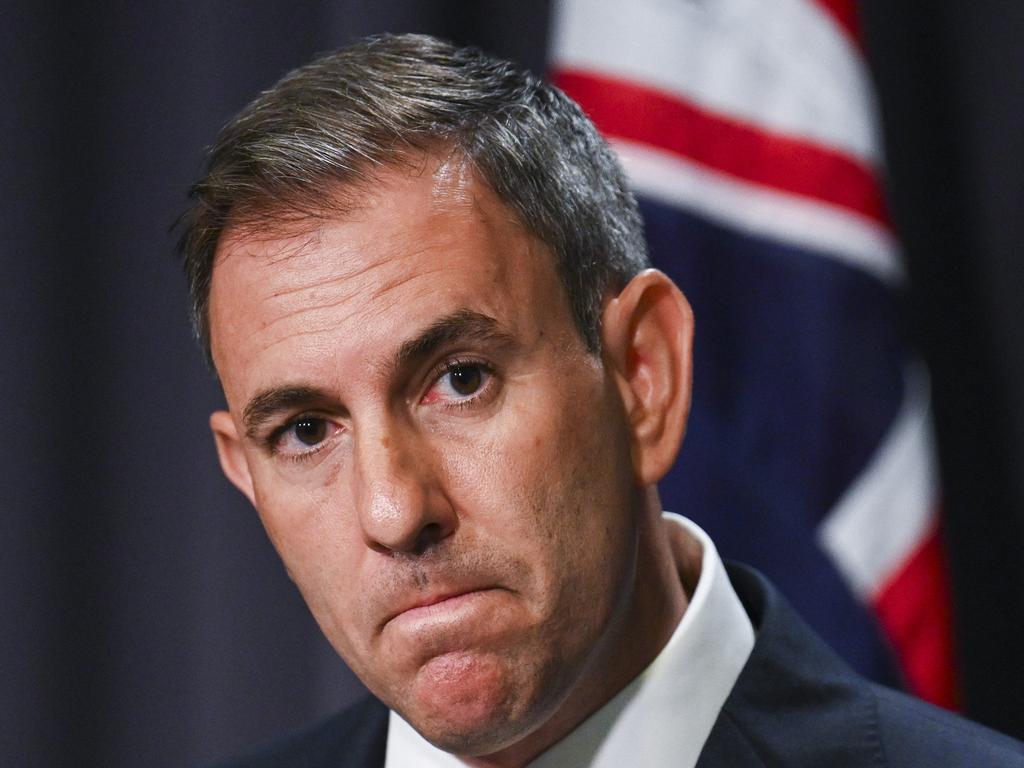
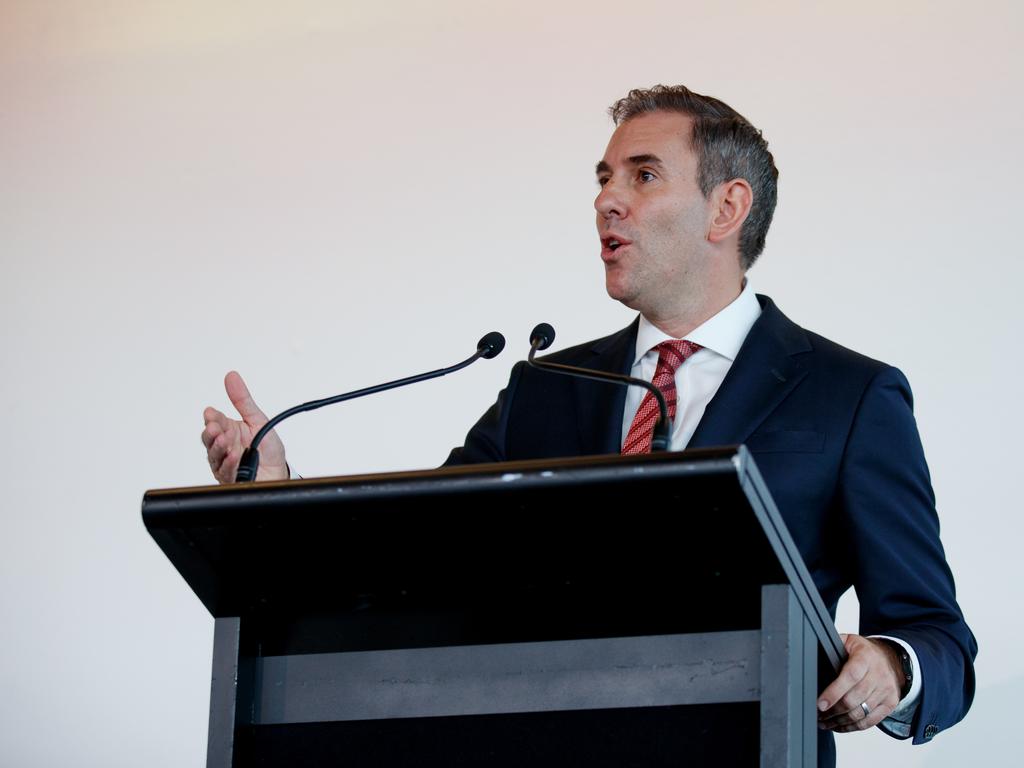
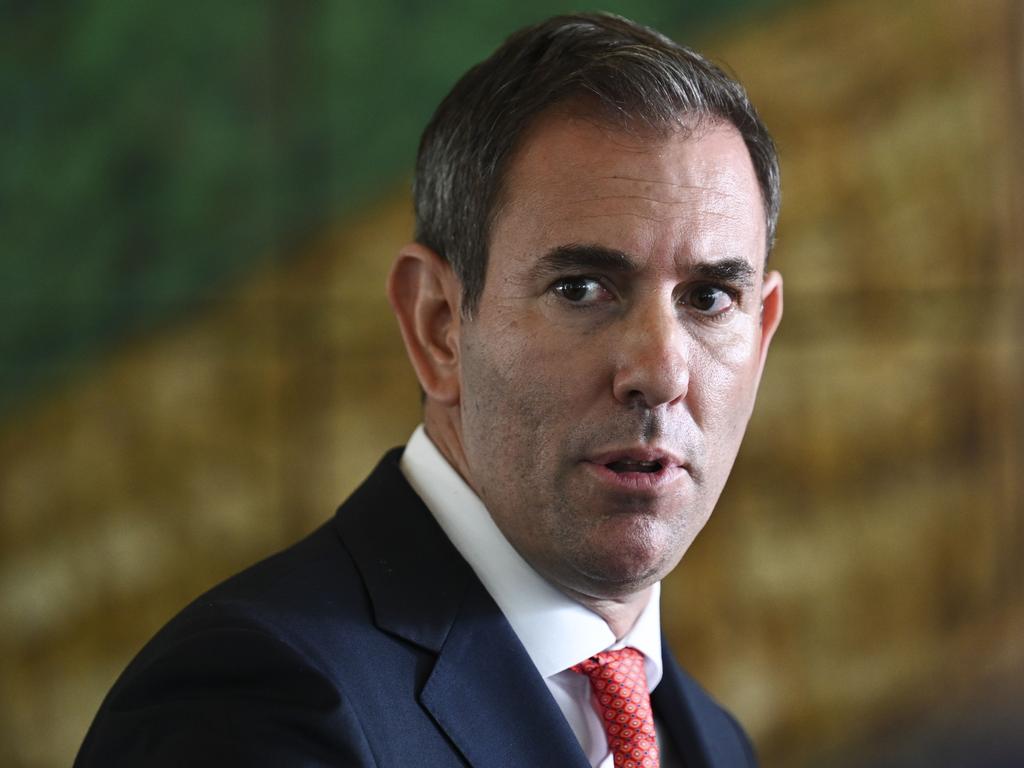

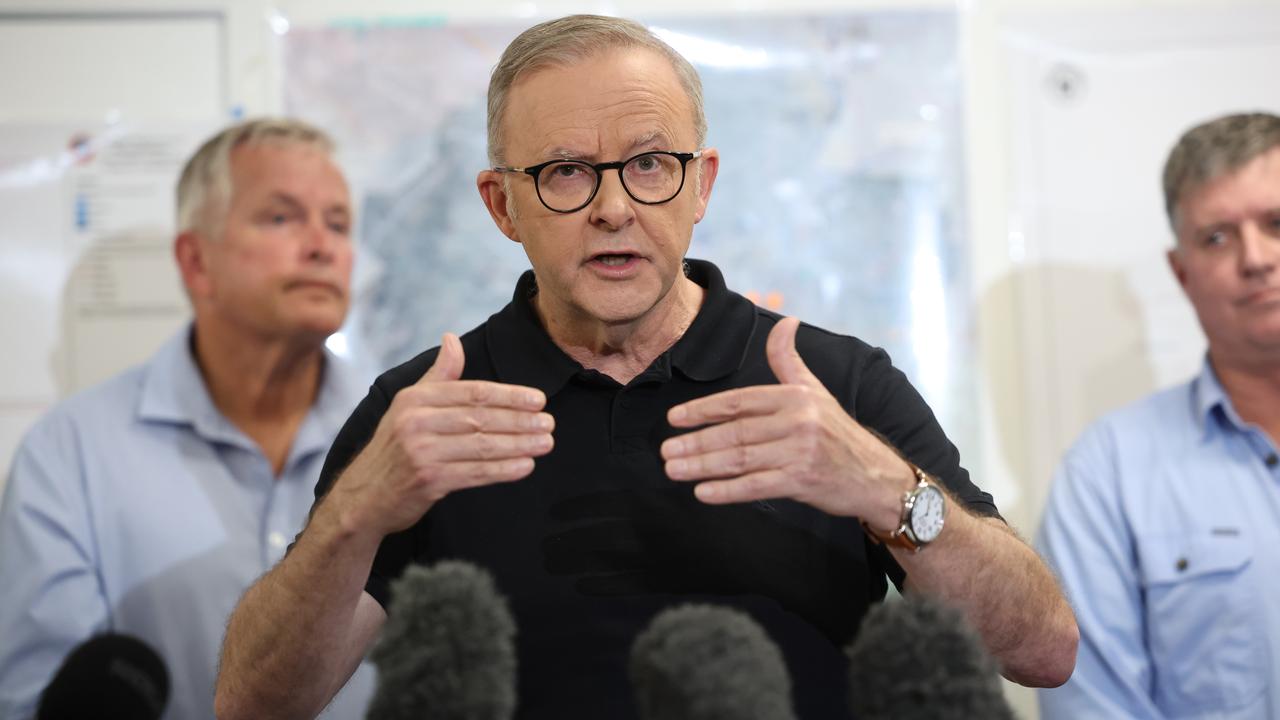

To join the conversation, please log in. Don't have an account? Register
Join the conversation, you are commenting as Logout